Description
Clinical Applications
- Supports Healthy Calcium Balance
- Promotes Optimal Bone Health
- Supports Cardiovascular Health and Arterial Elasticity
- Boosts Immune Function
K-FORCE provides 180 mcg of MenaQ7® PRO, the most widely studied form of vitamin K2 as MK-7, along with 5,000 IU of vitamin D3 for optimal support of bone and cardiovascular health.
Suggested Use:
1 capsule per day or as recommended by your health care professional.
Vitamin K Depletion
Calcium and vitamin D are important mediators in bone growth, but vitamin K plays an equally important role. The synthesis of bone growth is dependent on vitamin K, through its carboxylation of osteocalcin, a protein secreted by osteoblasts. Osteocalcin guides calcium into bones and prevents its absorption into organs, joint spaces and arteries. Vitamin K occurs in two main forms: K1 (phylloquinone), derived from foods such as green leafy vegetables and K2 (menaquinone), which is a group of related compounds differentiated by their side chains. Numerous studies have shown that vitamin K2 as MK-7 is the more bioavailable form of the nutrient 7 and more powerfully influences bone building than K1.
Bone Health
Supplementation of K2 has repeatedly been shown to help maintain bone density and strength among women. Research conducted on Japanese populations has found superior bone health among women who more frequently consumed MK-7-rich nattō than those who did not.
Cardiovascular Health and Blood Sugar Balance
Vitamin K also plays a key role in supporting the cardiovascular system and healthy blood sugar balance. In a large population study, those who consumed high amounts of K2 had significantly improved cardiovascular markers compared to those given vitamin K1.
Triage Theory
The Triage Theory states that in the face of nutrient inadequacies, nature ensures the short-term survival of a cell is protected at the expense of long-term consequences. Vitamin K is an excellent example of this theory. Hypothetically, a short-term deficiency in vitamin K would lead to a reduction in blood clotting. This direct threat to survival does not happen because the body uses its metabolic reserve of vitamin K to ensure immediate needs are met. If prolonged, this dip into nutrient reserves leads to a long-term deficiency in vitamin K. Though not directly threatening immediate survival, long-term deficiencies are linked to bone fragility, arterial calcification and genomic instability.

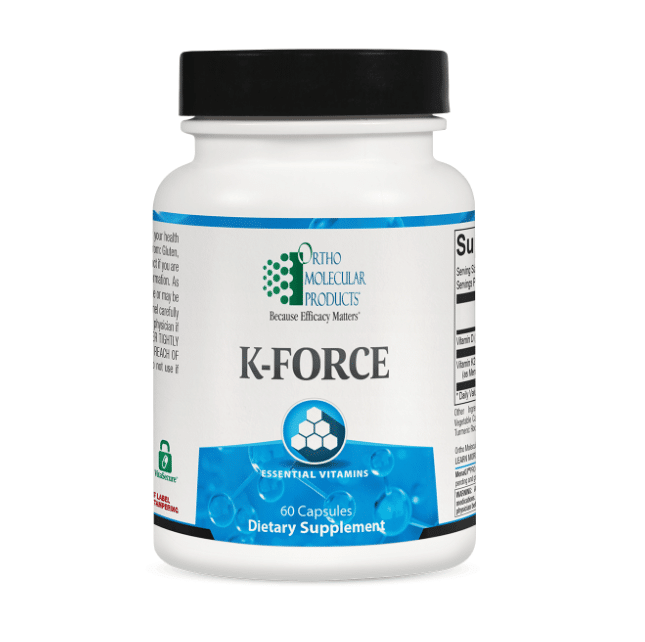
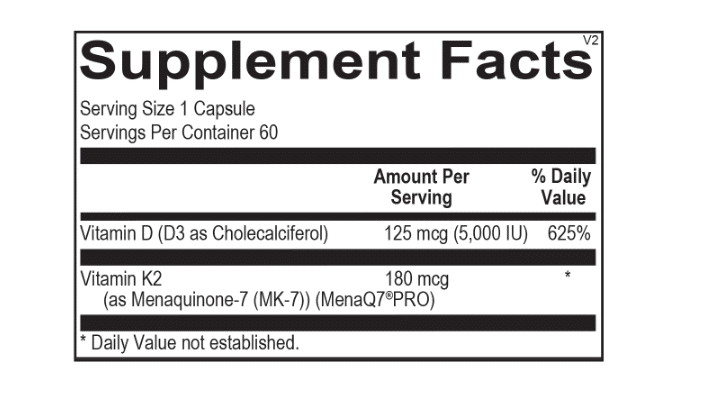
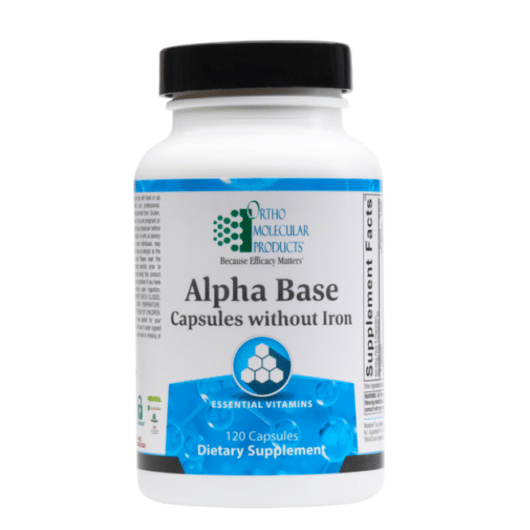
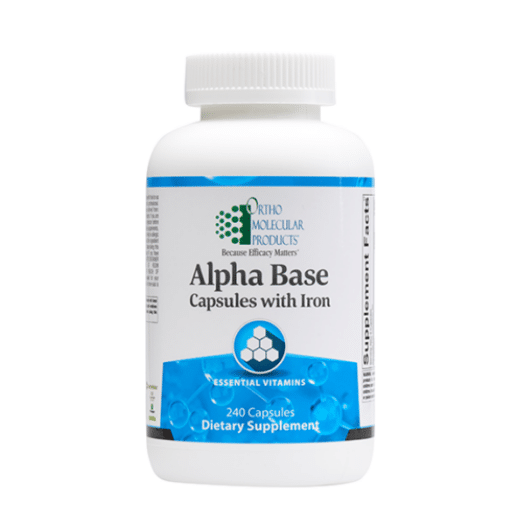
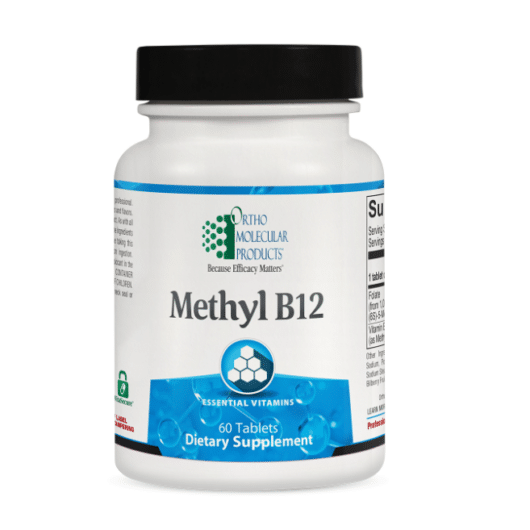
Reviews
There are no reviews yet.